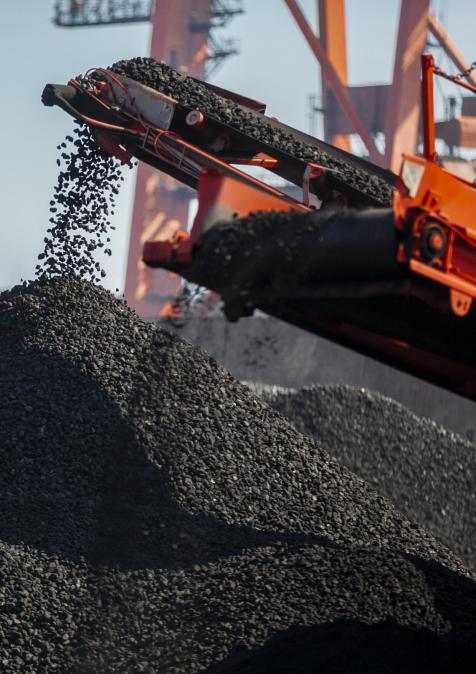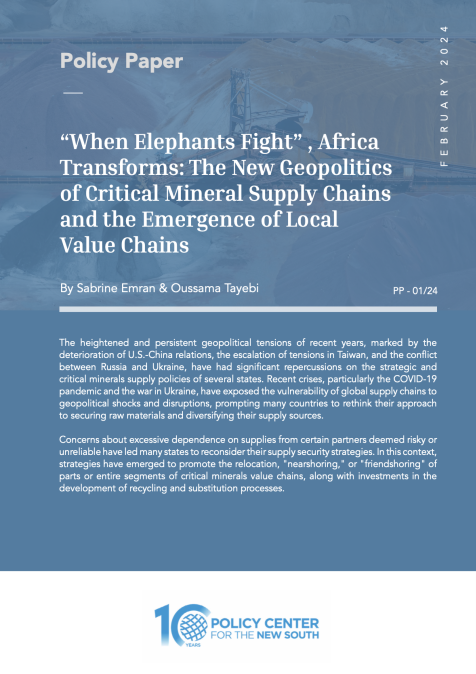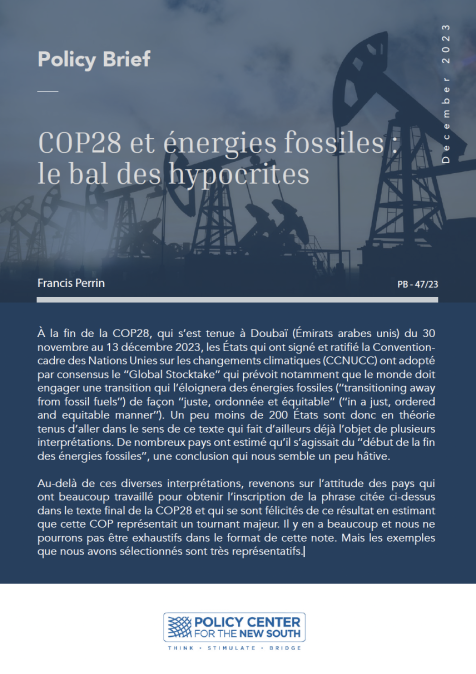Podcasts
Produits dérivés et financiarisation des marchés des matières premières
15
February
2016
Related topics:
Ce podcast est délivré par Yves Jégourel. La financiarisation des marchés des matières premières est un phénomène qui a pris de l’ampleur cette dernière décennie. Elle a ouvert en effet des opportunités majeurs pour les intervenants sur le marché, notamment en matière de transfert et gestion optimale des risques sur les prix dans une filière de matière première. En même temps, des risques majeurs y sont associés dont principalement la volatilité accrue des prix, que certains économistes considèrent comme une conséquence normale du positionnement croissant des fonds indiciels sur les marchés des matières premières.









